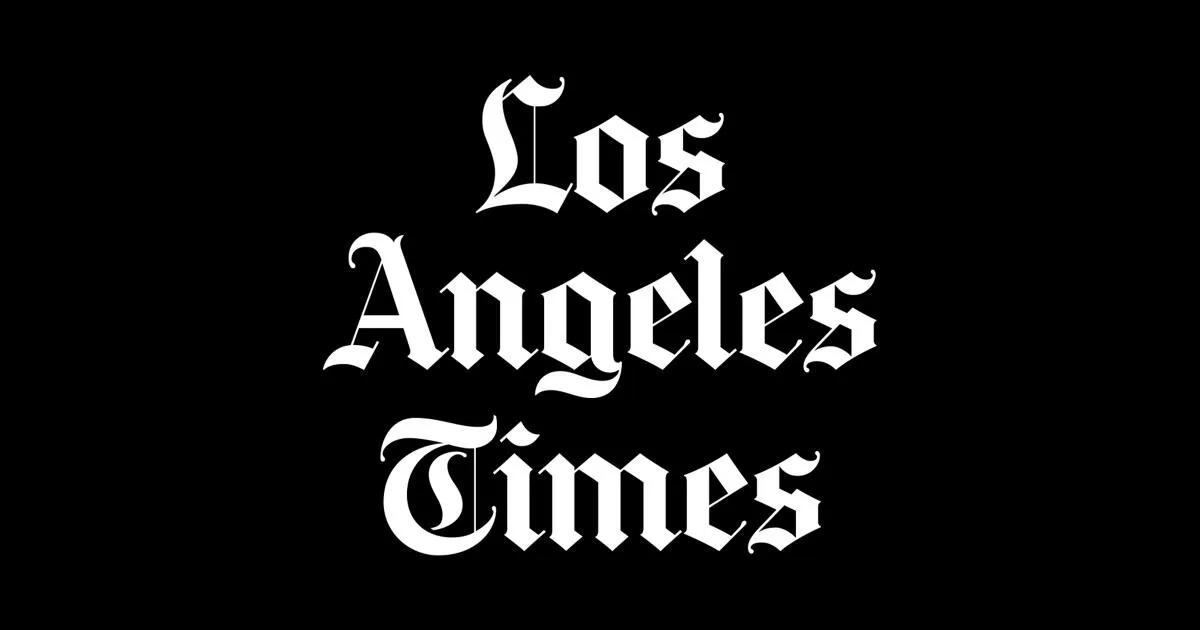One week almost to the hour since he conceded defeat in his bid for reelection, George Bush made the unheralded visit and, in an experience he later described as “extraordinarily moving,” he intoned several of the 58,183 names carved onto the polished stone memorial to the GIs killed in the Vietnam War.
“I read some of the names, those names that appear on the wall and–inasmuch as it’s Veterans Day–I just wanted to take this opportunity to thank all veterans for their service to this country,” Bush said several hours later, when he left the White House just after dawn to begin a five-day fishing trip to Boca Grande, Fla.
No more than 30 people were gathered on the Mall near the Lincoln Memorial when Bush participated in the round-the-clock reading that marked the Vietnam memorial’s 10th anniversary.
The visit by the President and his wife, Barbara Bush, evoked another presidential excursion in the dark of night–that of Richard M. Nixon to the Lincoln Memorial, during the height of protests in 1970 over the U.S. bombing of Cambodia. Nixon engaged in a brief conversation that night with some of the young people who were camped out nearby to protest the death and destruction occurring in Southeast Asia at the hands of U.S. troops.
Recounting his midnight visit, Bush said Wednesday that he had a chance to thank some of the veterans taking part in the ceremony and that he wanted “to suggest to all those in this country that haven’t had an opportunity to see the memorial to the Vietnam veterans. It is a very moving tribute.”
Later in the day, President-elect Bill Clinton took time out from transition work to pay homage to the casualties of the Vietnam War during a flag-bedecked Veterans Day ceremony in the rotunda of Arkansas’ Capitol in Little Rock.
“The real names of the real people who made the real sacrifices are on that wall,” said Clinton, whose presidential bid was nearly derailed by controversy over his avoidance of military service.
Sounding familiar themes of his presidential campaign, Clinton said he found in 13 months of campaign travel that veterans had the same concerns as all Americans: health care, the economy and education.
He said he recognized the need to maintain “a superbly trained and well-motivated military force of men and women . . . the best technology in our weapons” and increased mobility of forces.
Furthermore, he said, the nation must become “far more serious than we have been in the last five years” in its effort to convert defense industries to civilian purposes, while maintaining the jobs of defense workers.
Evoking a theme uttered frequently throughout the campaign, Clinton said: “We have some significant responsibilities to the people both in and out of uniform who won the Cold War not to leave them out in the cold.”
He then pledged to find ways to put unemployed scientists, engineers, technicians, factory employees and others in defense-related industries back to work, performing civilian jobs to “rebuild the domestic economic engine.”
Clinton also said the country “ought to look at” broadening the reach of the far-flung veterans hospital network by having it serve veterans who are also Medicaid recipients. Improving health care for veterans, he said, “will be the first order of business” for the next secretary of veterans affairs.
Saying he is troubled by the number of homeless veterans in the nation, many of whom he said are “carrying the emotional scars of something that happened to them many years ago,” he promised “a real effort to deal with the homeless problem” and the needs of homeless veterans “within our ability to finance it.”
And, even as Vietnam has begun turning over photographs and other documentation to help answer questions about the fates of servicemen missing in Vietnam, Clinton said: “There will be no normalization of relations with any nation that is at all suspected of withholding any information.
“Surely in the next couple of years we can bring this issue to a conclusion, perhaps even earlier.”
The more than 3 million Americans who served in Vietnam, “from hundreds of nameless rice paddies and jungles to places such as Dak To, A Shau Valley and Khe Sanh,” deserve the nation’s lasting respect and gratitude, Bush said in a proclamation.
“Today, as they commemorate the 10th anniversary of our nation’s memorial to their fallen comrades, Vietnam veterans stand proud–and rightfully so,” Bush said in the proclamation.
Times staff writer Edwin Chen in Little Rock contributed to this story.
